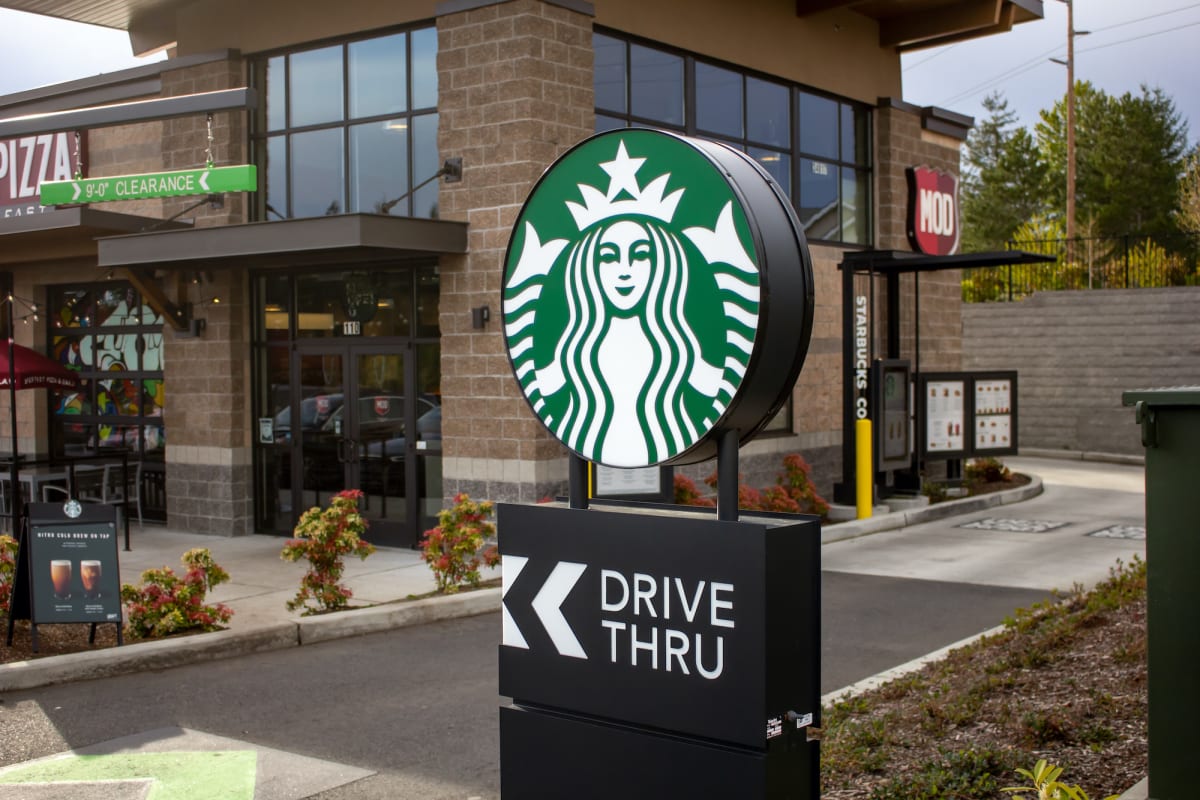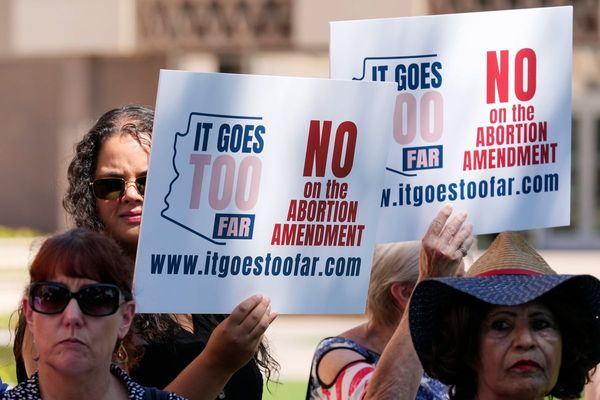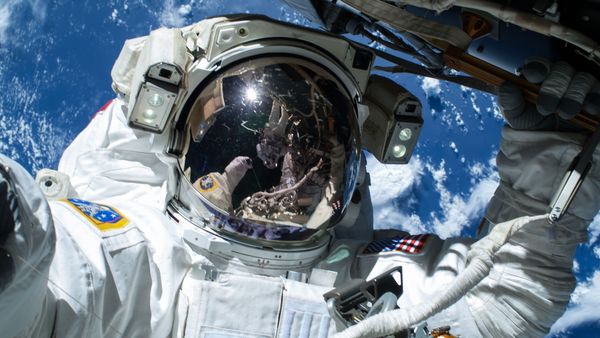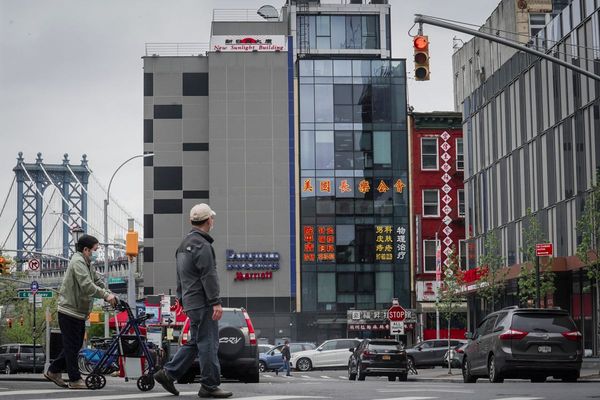
Starbucks (SBUX) posted stronger-than-expected fourth quarter earnings Thursday as solid U.S. sales offset a slump in China traffic as the world's biggest coffee chain continues its transition to the leadership of new CEO Laxman Narasimhan.
Starbucks said non-GAAP earnings for the three months ending in September, the group's fiscal fourth quarter, were pegged at 81 cents per share, down 19% from the same period last year but just ahead of the Street consensus forecast of 72 cents per share.
Group revenues, Starbucks said, rose 3.1% to $8.4 billion, again topping analysts' estimates of an $8.15 billion tally. U.S. comparable sales were up 11% from last year as shops re-opened, while comps in China were down 16% amid the country's extended Covid lockdowns. International comparable sales rose 7%, Starbucks said.
“We saw accelerating demand for Starbucks coffee around the world in Q4 and throughout the year,” said interim CEO Howard Schultz. “And our Q4 results demonstrate early evidence of the success of our U.S. Reinvention investments."
"Reinvention will touch, and elevate, every aspect of our Starbucks partner, customer and store experiences, and ideally position Starbucks to deliver accelerated, sustainable, long-term, profitable growth and value creation beginning in 2023,” he added.
Starbucks shares were marked 3.9% higher in extended-hours trading immediately following the earnings release to indicate a Wednesday opening bell price of $87.84 each.
Starbucks said earlier this fall that it plans to invest around $3 billion on new technologies and in-store renovations, a move it sees lifting comparable worldwide sales by between 7% and 9% over the 2023 fiscal year, although it referenced the timing of China's post-Covid recovery as potential headwind.
The new forecasts come amid the group's overall aim of reaching 45,000 stores -- with 2,000 new U.S. additions and 4,500 in China -- by the end of its 2025 fiscal year.
Narasimhan, who was unveiled as the new Starbucks CEO in September, will replace Howard Schultz in April of next year as he works with the group founder as part of a multi-month transition.
Key to its 2023 update, however, will be the anticipated recovery in China, it's fastest-growing market, and its ongoing negotiations with unions as it grapples with a surge in labor organization. Starbucks, which has seen around 240 of its 15,000 U.S. stores form unions over the past year, began negotiating new labor contracts with unionized cafes last month.
Employee costs will remain a key plank in the group's recently-improved profit targets, which forecast earnings growth of between 15% and 20% over the next three years.
In a move to placate existing workers, Starbucks raised its hourly wage threshold to $17 an hour, with higher rates for tenured staff, but excluded those tied to a union from the pay increases.
The wage investments followed a springtime move by Schultz to freeze share buybacks and redirect cash towards investing more into our people and our stores". Schultz said it was "only way to create long-term value for all stakeholders."







